Membrane material improves power generation from hydrogen gas — and catalyses the gas’s production from water.



Researchers from Queen Mary University of London have made a discovery that could change our understanding of the universe. In their study published on August 23 in the journal Science Advances.
<em>Science Advances</em> is a peer-reviewed, open-access scientific journal that is published by the American Association for the Advancement of Science (AAAS). It was launched in 2015 and covers a wide range of topics in the natural sciences, including biology, chemistry, earth and environmental sciences, materials science, and physics.
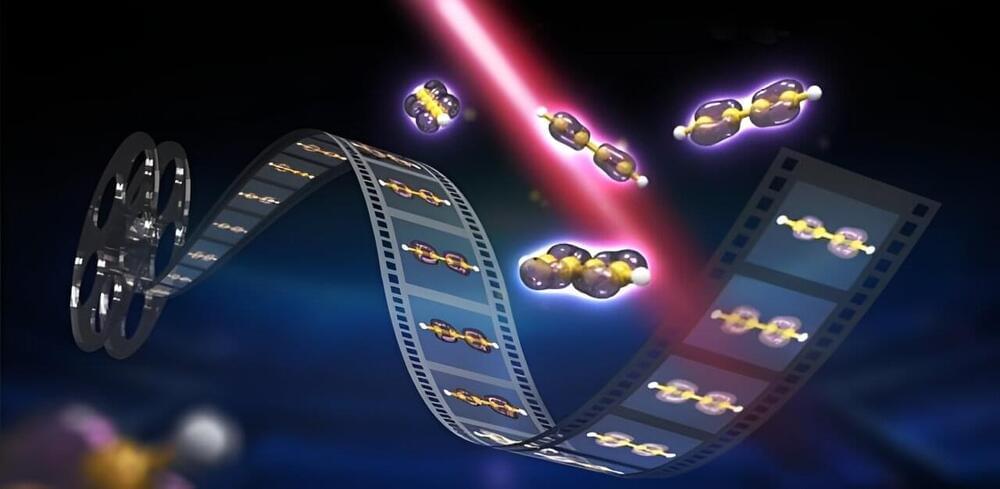
To discover how light interacts with molecules, the first step is to follow electron dynamics, which evolve at the attosecond timescale. The dynamics of this first step have been called charge migration (CM). CM plays a fundamental role in chemical reactions and biological functions associated with light–matter interaction. For years, visualizing CM at the natural timescale of electrons has been a formidable challenge in ultrafast science due to the ultrafine spatial (angstrom) and ultrafast temporal (attosecond) resolution required.
Experimentally, the sensitive dependence of CM on molecular orbitals and orientations has made the CM dynamics complex and difficult to trace. There are still some open questions about molecular CM that remain unclear. One of the most fundamental questions: how fast does the charge migrate in molecules? Although molecular CM has been extensively studied theoretically in the last decade by using time-dependent quantum chemistry packages, a real measurement of the CM speed has remained unattainable, due to the extreme challenge.
As reported in Advanced Photonics, a research team from Huazhong University of Science and Technology (HUST), in cooperation with theoretical teams from Kansas State University and University of Connecticut, recently proposed a high harmonic spectroscopy (HHS) method for measuring the CM speed in a carbon-chain molecule, butadiyne (C4H2).
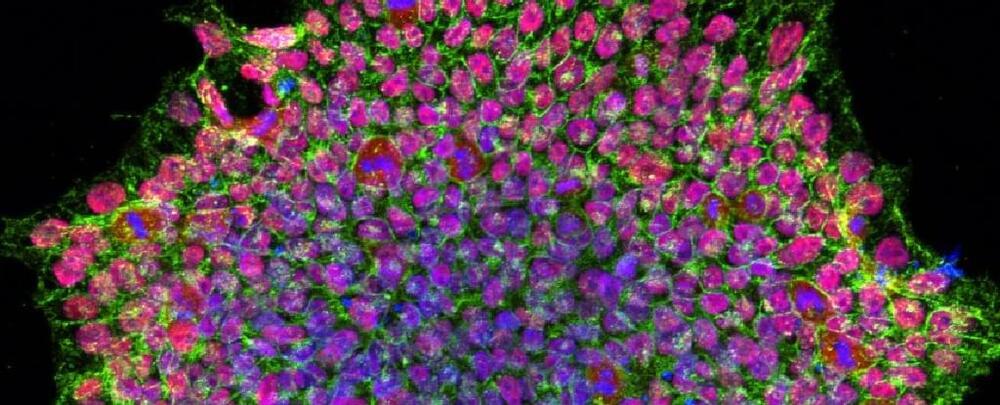
Scientists already have their ways of coaxing human cells into new forms, using a special concoction of chemicals to nudge humble skin cells into malleable tissues known as induced pluripotent stem cells.
In spite of this new lease on life, these particular cells still retain a few genetic reminders of their time as a fully developed tissue, affecting their use as a blank slate.
Now an international team of researchers has gone one better: finding a new way of wiping a cell’s memory clean so it can be better reprogrammed as a stem cell.
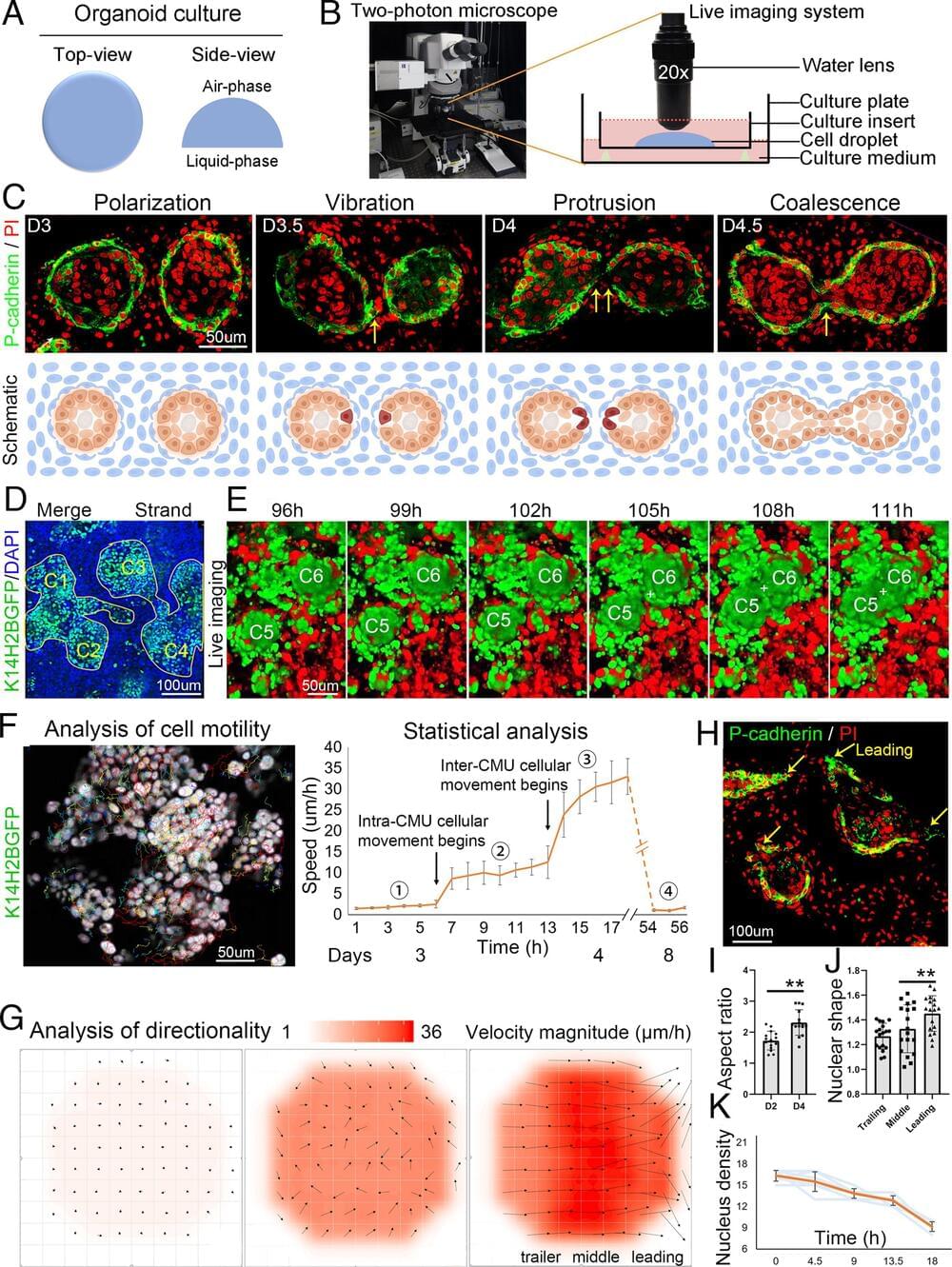
Stem cells in organoids self-organize into tissue patterns with unknown mechanisms. Here, we use skin organoids to analyze this process. Cell behavior videos show that the morphological transformation from multiple spheroidal units with morphogenesis competence (CMU) to planar skin is characterized by two abrupt cell motility–increasing events before calming down. The self-organizing processes are controlled by a morphogenetic module composed of molecular sensors, modulators, and executers. Increasing dermal stiffness provides the initial driving force (driver) which activates Yap1 (sensor) in epidermal cysts. Notch signaling (modulator 1) in epidermal cyst tunes the threshold of Yap1 activation. Activated Yap1 induces Wnts and MMPs (epidermal executers) in basal cells to facilitate cellular flows, allowing epidermal cells to protrude out from the CMU. Dermal cell–expressed Rock (dermal executer) generates a stiff force bridge between two CMU and accelerates tissue mixing via activating Laminin and β1-integrin. Thus, this self-organizing coalescence process is controlled by a mechano-chemical circuit. Beyond skin, self-organization in organoids may use similar mechano-chemical circuit structures.
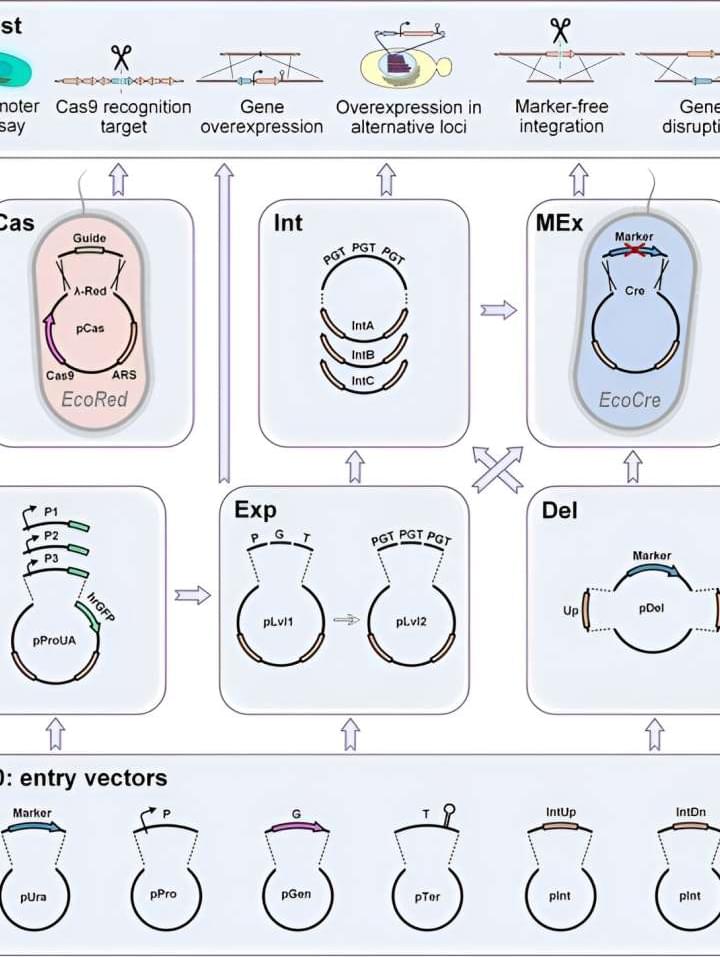
More cool designs are on Amazon: https://amzn.to/3wDGy2i.
Alternatively, PayPal donations can be sent here: http://paypal.me/whatdamath.
Hello and welcome! My name is Anton and in this video, we will talk about bizarre quantum effects discovered in the last few months.
Links:
https://news.uchicago.edu/story/uchicago-scientists-observe-…laboratory.
https://www.nature.com/articles/s41567-023-02139-8
https://www.nature.com/articles/s41586-023-05727-z.
https://www.nature.com/articles/s42005-022-00881-8
#quantum #quantumphysics #quantummechanics.
0:00 Evidence for quantum superchemistry.
3:40 Solar fusion is quantum and not classical.
5:20 Quantum tunneling and microscopy.
7:00 Tunneling causes chemistry.
7:40 Tunneling affects DNA and causes mutation.
Support this channel on Patreon to help me make this a full time job:
https://www.patreon.com/whatdamath.
Bitcoin/Ethereum to spare? Donate them here to help this channel grow!
bc1qnkl3nk0zt7w0xzrgur9pnkcduj7a3xxllcn7d4
or ETH: 0x60f088B10b03115405d313f964BeA93eF0Bd3DbF
Space Engine is available for free here: http://spaceengine.org.
Enjoy and please subscribe.
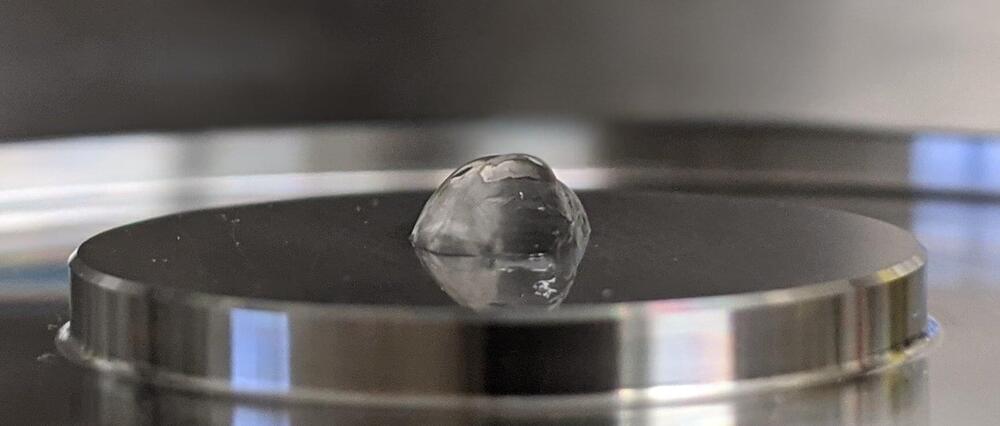
Over the past few decades, material scientists and chemists have been working on designing increasingly sophisticated materials for a wide range of technological and scientific applications. These materials include synthetic polymers and hydrogels that could be introduced inside the human body as part of medical interventions.
Researchers at the Leibniz Institute of Polymer Research Dresden, Technische Universität Dresden and other institutes in Germany recently designed new fully synthetic materials with a dynamic DNA-crosslinked matrix that could prove useful for the creation of organoids (artificial organs) and other bio-mimetic systems. These materials, introduced in Nature Nanotechnology, are versatile, programmable and relatively inexpensive, making them advantageous for medical and biological research.
“Polymer chemistry can create materials with wonderful properties,” Elisha Krieg, one of the researchers who carried out the study, told Phys.org. “Think of everyday products like toys and packaging, but also bullet-proof vests, parachutes, medical implants, etc. But these materials are very static—it is not easy to change their properties, once broken they cannot heal themselves, and their characteristics are difficult to predict. Our group tries to make materials that are more akin to living matter: adaptive, self-healing, and programmed to fulfill specific functions.”
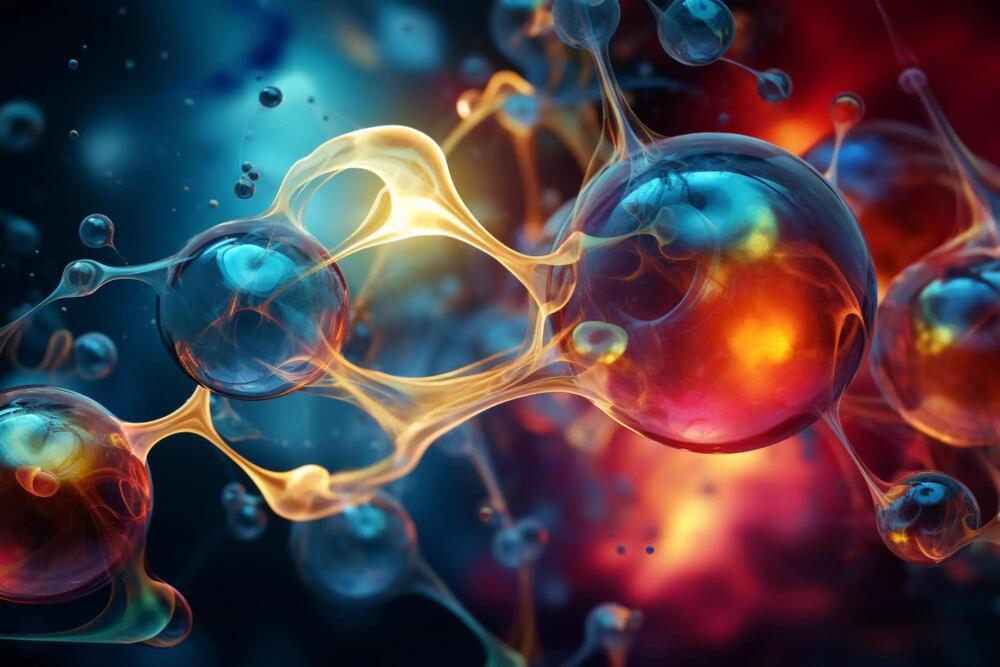
What happens in femtoseconds in nature can now be observed in milliseconds in the lab.
Scientists at the university of sydney.
The University of Sydney is a public research university located in Sydney, New South Wales, Australia. Founded in 1,850, it is the oldest university in Australia and is consistently ranked among the top universities in the world. The University of Sydney has a strong focus on research and offers a wide range of undergraduate and postgraduate programs across a variety of disciplines, including arts, business, engineering, law, medicine, and science.
A new study exemplifies how the strides made in quantum computing are now being harnessed to unlock the secrets of fundamental science.
Scientists at Duke University have harnessed the power of quantum-based methods to unravel a puzzling phenomenon related to light-absorbing molecules, according to a new study published in Nature Chemistry.
This advancement sheds light on the enigmatic world of quantum interactions, potentially transforming our understanding of essential chemical processes like photosynthesis, vision, and photocatalysis.
A team of researchers has successfully simulated and” observed” a slow-motion chemical reaction at a billion times slower than “normal.”
For the first time ever, scientists have succeeded in slowing down (in simulation) a chemical reaction by around 100 billion times. Using a quantum computer, the researchers simulated and then “observed” the reaction in super slow motion.
Skynesher/iStock.
Super slow motion.